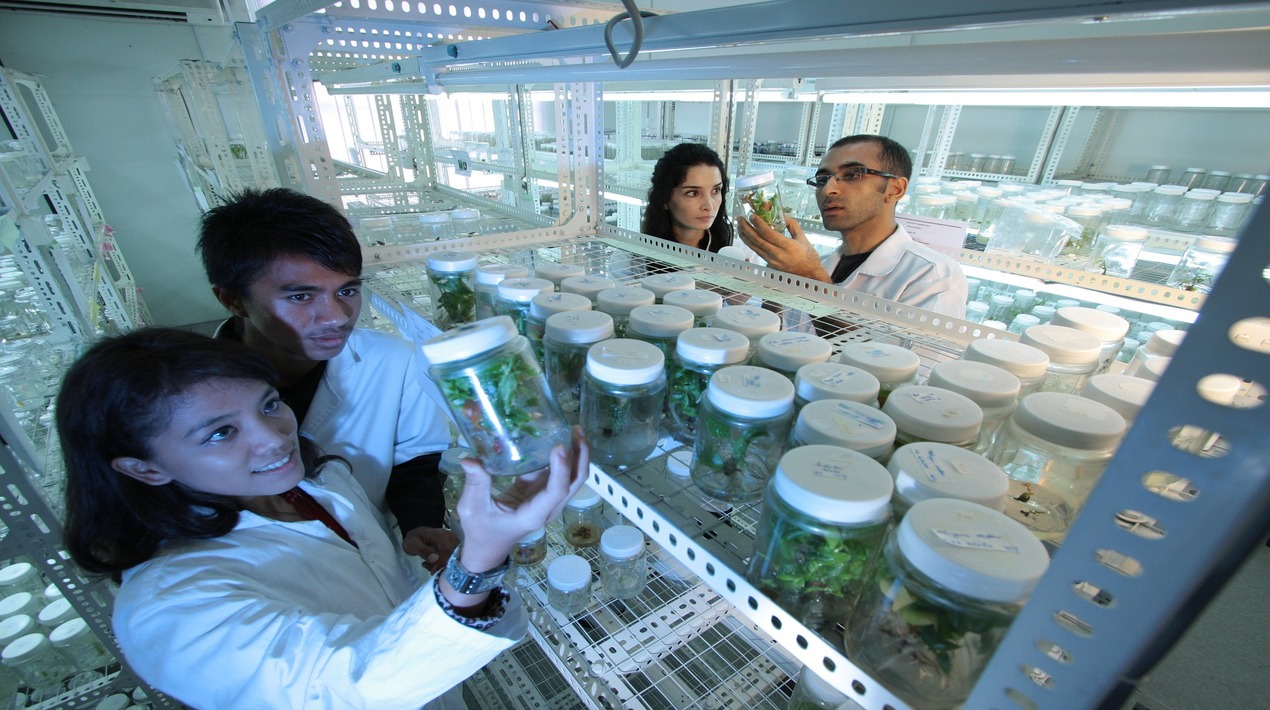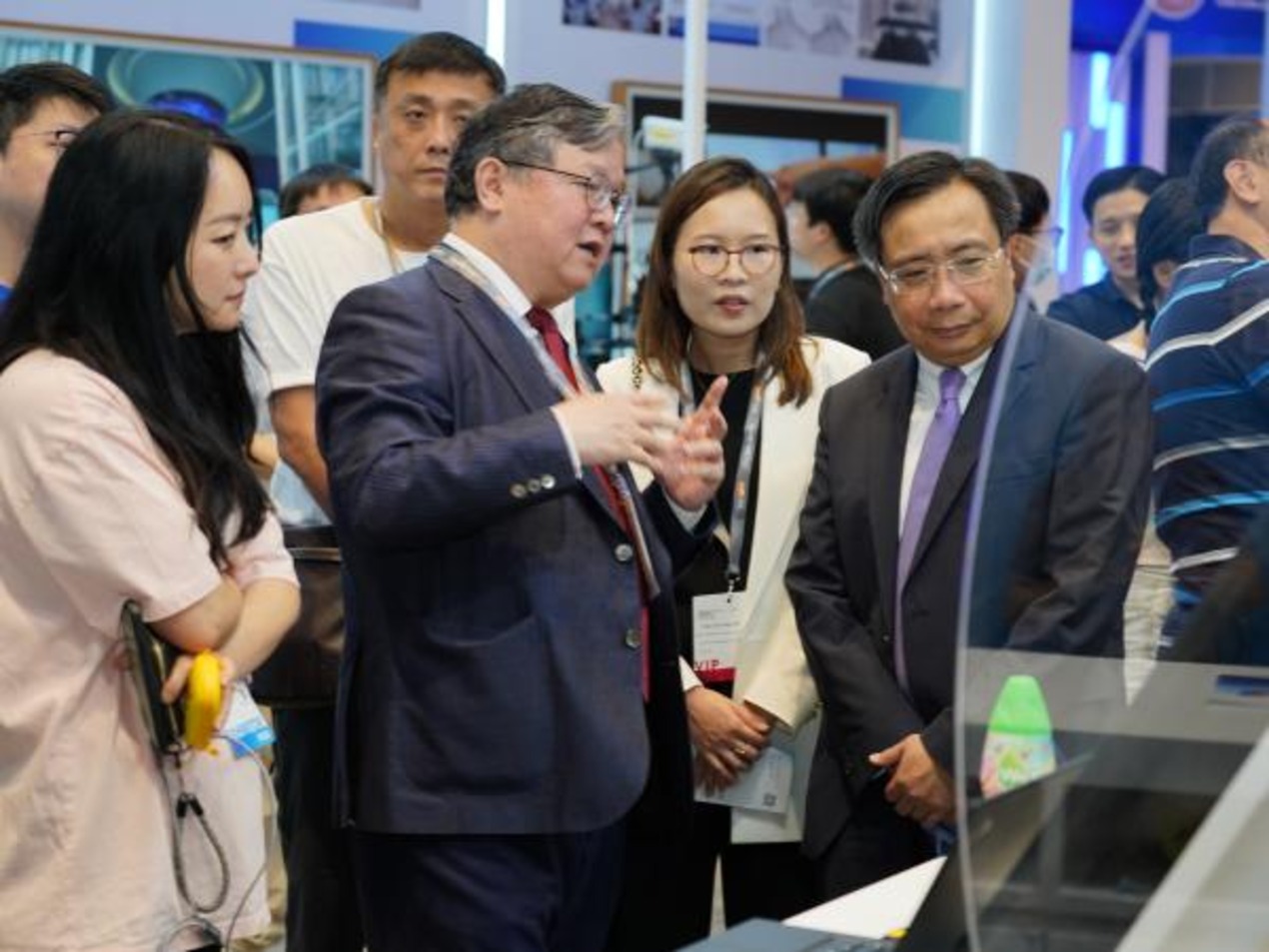
The globe is still emitting more than 80% as much CO2 as normal, despite having 17% fewer emissions compared to 2019 — which is one of the most significant drops in recent years. If no actions are taken, the economic damage caused by climate change in the next two decades will likely be as bad as a COVID-sized pandemic every ten years.
Accelerating zero-carbon transition could be the first step in managing emissions. This transition requires mitigation and adaptation measures that reduce greenhouse gas emissions and build resilience towards weather-related disasters. Despite vested interests, geopolitical competition and populist leaders, tremendous technological progress is being made towards tackling the climate crisis. The grand challenge for humanity is to ensure that ground-breaking technologies serve a clear purpose for the planet.
Biofiltration or Biotechnology is another method that can reduce methane emissions and could convert methane to CO2. Biotechnology is harnessing cellular and biomolecular processes to develop technologies and products that help improve our lives and the health of the planet. Biofiltration is a pollution control method that permits a bioreactor containing living material to capture and degrade pollutants biologically. However, it has only been in the last ten years that biofiltration has emerged as a financially viable treatment process. Originally, biofiltration relied on naturally bioactive media such as soil, peat, compost, and etc.
A recent study was conducted by a professor at the University of Canterbury (UC). He led a team of researchers aiming to dramatically improve the efficiency of biofilters in removing methane from dairy shelters. The professor, a biofilters expert, recently began to focus on methane. With cattle producing 37% of New Zealand’s carbon footprint, biofilters could help meet the goal of reducing methane emissions by 10% by 2030.
A biofilter is essentially a large box filled with soil or compost. When contaminated air is used and blown through that box, the process begins – soil and compost contain a vast number of microorganisms, including those that can convert methane to CO2. Converting methane to CO2 is considered carbon-neutral (since CO2 is already incorporated into the grass cows eat, which is converted to methane in their stomachs).
The biofilters are expected to be a cost-effective solution relative to their value since the method is relatively simple and based on known technology with the comparatively low establishment and maintenance costs.
Artificial intelligence (AI) systems, too, have the potential to decouple economic growth from rising carbon emissions and environmental degradation. AI, as a data, learning, and sensing stack, can aid in both impact and resource decoupling.
Reduced environmental harm, including CO2 emissions, per unit of economic output, is referred to as impact decoupling. For instance, emissions can be reduced in the energy sector by using AI technology to forecast power supply and demand in the grid, improve renewables scheduling, and reduce life-cycle fossil fuel emissions through predictive maintenance.
The digital sector is well on track to reduce its own emissions, which represent 1.4% of the global total, and it can cut global emissions in half by 2030 while driving exponential growth in data performance. The digital sector can also take a strong lead in accelerating demand for 100% renewable energy. Climate change is the single most defining challenge of this century. If not actively addressed now, its impacts will be irreversible, leading to an uninhabitable planet in the foreseeable future.
Apart from technology and innovations, greenhouse gas emissions can be reduced by enacting carbon laws. With the right policy frameworks in place and strong climate leadership, these technologies will be crucial in transitioning society to a circular and lean economy focused on increasing service value while reducing waste and pollution.
Taken together, this will necessitate a global economic transformation as well as climate leadership at all levels from cities, countries, and corporations. The global economy is already being transformed by digitalisation, which is unleashing powerful forces in every industry. There is growing evidence that exponential innovations in both infotech and biotech, have the potential to realise a sustainable and wealthier future for all.
















